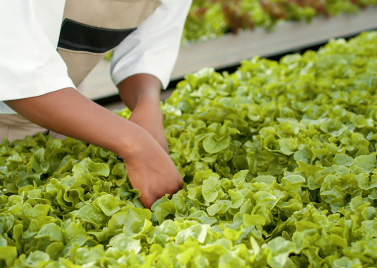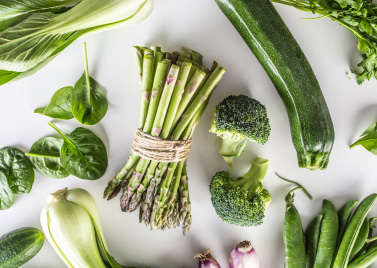Our story
Food systems are responsible for a third of total GHG emissions. The current global production and consumption of animal protein account for a significant part of those emissions, causing long-term negative impacts on our health and the environment.
In line with the EU Green Deal objectives and the Farm to Fork Strategy, GIANT LEAPS aims to transform the European food system to make it more sustainable and healthier.
Our ambition is to substitute the consumption of traditional animal proteins in the European diets so that 50% of total protein dietary intake is derived from alternative protein sources - such as plants, microalgae, insects, and single-cell proteins - by 2030.
To do so, we engage with policymakers, the production sectors and European citizens to generate key innovations, methods, datasets and information that empower all players in the food system to make the necessary decisions, investments and choices to enable a large-scale dietary shift towards alternative protein-containing foods with optimal nutritional and environmental impact.
Our vision

Climate mitigation solutions

Improved public health

Economic growth and job creation

